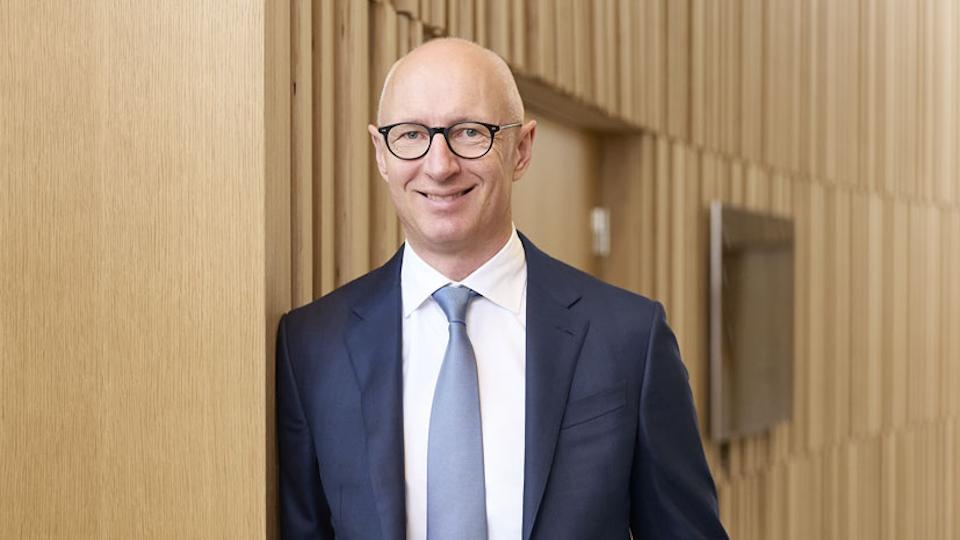Wegovy slowdown rattles Novo Nordisk investors

Novo Nordisk chief executive Lars Fruergaard Jørgensen
Shares in Novo Nordisk have gone into reverse after it reported weaker-than-expected sales of obesity therapy Wegovy, raising concerns among investors about growing competition in the category.
The Danish group stock has been on a fairly relentless upward trajectory in the past year or so, becoming the most valuable company in Europe on the strength of rocketing sales of Wegovy and companion therapy Ozempic for diabetes, both based on semaglutide.
For much of that time, Wegovy was largely unopposed in the GLP-1 agonist category for obesity, but since last November, it has had direct competition in the US from Eli Lilly's Zepbound (tirzepatide). Lilly is due to report its second-quarter results later today.
Wegovy still grew 55% to DKK 11.7 billion ($1.71 billion) in the second quarter, but that was a couple of billion krone short of analysts' expectations and sparked a 7% fall in its shares. Ozempic also came in a little lower than hoped, up 30% to DKK 28.9 billion, as it wrestles for market share with Lilly's tirzepatide-based rival Mounjaro.
Analysts largely played down the significance of a narrow miss in the context of Novo Nordisk's overall performance, with a 25% rise in sales to DKK 68.1 billion, a doubling in the volume of weekly new prescriptions for Wegovy since the start of the year, and the sheer size of the market with 50 million potential users in the US alone.
"It's fair to assume as volume goes up, prices will come down, and we have seen lower Wegovy prices in the first half," commented Novo Nordisk's head of North America Operations, Doug Langa, on the firm's results call. "I'd say that we are pleased with the overall performance, and we're serving more patients than ever before."
One factor in the slowdown is increased access to the 10 million or so people with obesity in the US who are covered by Medicaid, with 20 states now adopting Wegovy, according to chief executive Lars Fruergaard Jørgensen. That increases access, but the drug comes in at a "somewhat lower price point," he said.
"It's about scaling to meet the demand, and…we have the capacity to scale and accelerate, serving many more patients in the second half," added the CEO, alluding to the recent removal of restrictions on some starting doses that had been introduced for the drug to manage supply constraints.
He also shrugged off the competitive threat posed by Lilly's drugs, saying: "I don't see the competitive dynamics, at least for the foreseeable future, really having a big impact on how we drive sales."
Novo Nordisk has been working to boost manufacturing capacity for its GLP-1 agonists, including an $11 billion agreement to take over three manufacturing sites formerly operated by Catalent.
The company said it was in "active dialogue" with different regulators in terms of antitrust reviews – which were raised as a possible impediment to getting the deal over the line – but said it still expects to get it over the line before year-end.












